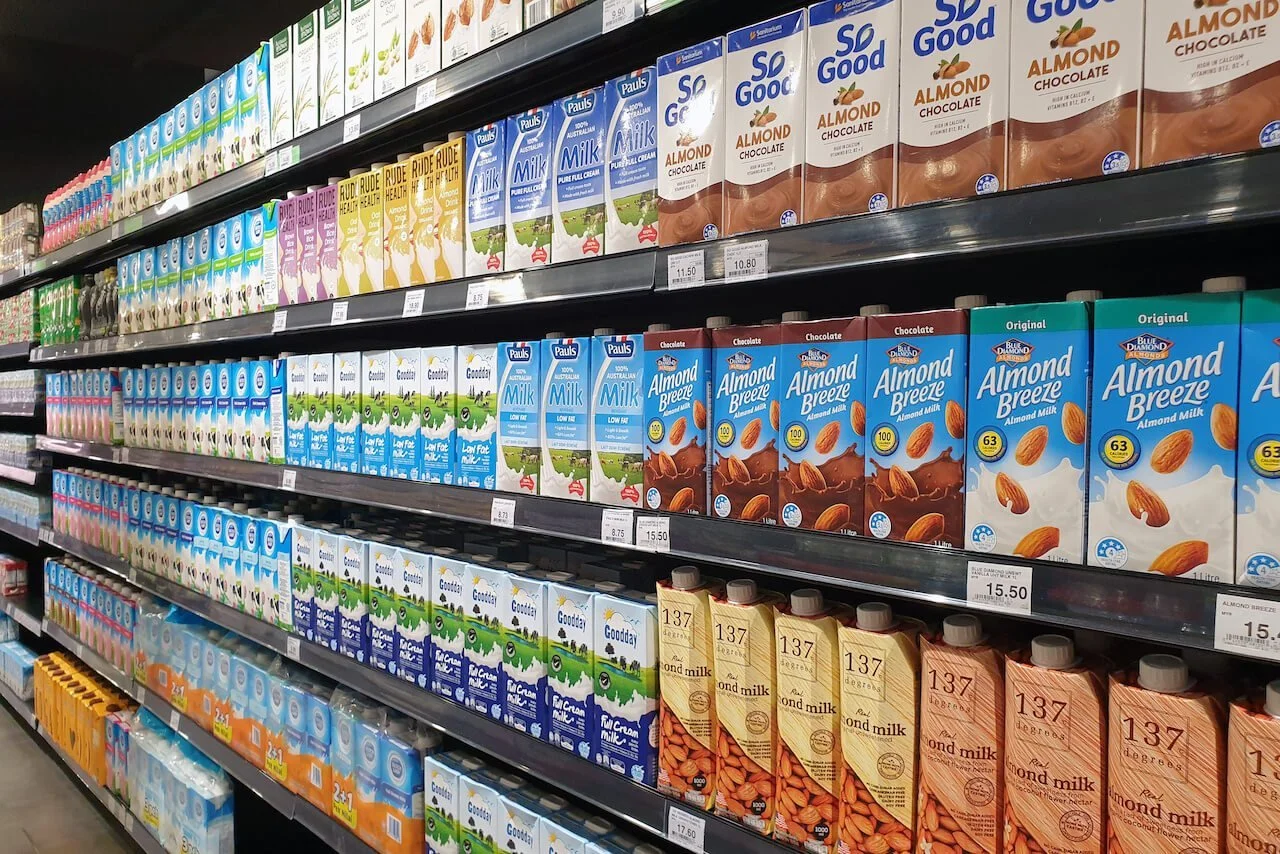Plant-based meat to be worth $29 billion by 2031
Otautahi - The global plant-based meat market will be worth over $29 billion by 2031 as the world’s meat industry is unsustainable.
It is an inefficient method of producing food that could soon be unable to adequately feed the growing global population, estimated to reach 10 billion by the year 2050.
Meat production is damaging to the environment, contributing to greenhouse gas emissions, dwindling water supplies and environmental pollution.
Plant-based meat, meat-like products created from plant proteins could be part of the solution, creating a viable alternative to conventional meat.
New Zealand leads the way in plant-based innovations by being the only country in the world to have annual Kiwi Vegan Sausage Awards.
Supermarkets throughout New Zealand have seen a 36 percent increase in plant-based product sales in milks, meats, ice creams, cheese, burgers and of course, sausages, which are all easily veganised and contain no cholesterol.
Sales of plant-based meat products have surged over the last few years, spurred on by increasing consumer awareness around the issues associated with the meat industry.
The covid pandemic led to a rapid rise in sales in 2020, following disruptions to meat supply chains and growing consumer awareness of the issues facing the meat industry, and the future has never looked brighter for the plant-based meat market.
Plant-based meat 2021-2031, a new report by US market researcher IDTechEx, predicts the global plant-based meat market will be worth over $29 billion by 2031.
Plant-based meat is not a new concept; tofu and seitan have been around for ages and meat alternative brands such as Quorn, Craft Meat and Tonzu have been in stores for some time now.
Until recently, these products were primarily targeted at vegetarians, who may have been happy to compromise on quality for ethical or environmental reasons.
In recent years, investments into the plant-based meat industry have grown quickly, with more than $1.4 billion being raised in funding last year.
Nevertheless, the industry faces challenges that threaten its goal of disrupting the $1 trillion global meat industry.
Plant-based meat products are more expensive than meat. The industry has faced resistance from the conventional meat industry, which has pushed regulators to place restrictions on the labelling of plant-based meat products.
Despite these challenges, the plant-based meat industry is continuing to grow rapidly and many in the industry are optimistic about the future.
The IDTechEx report Plant-based eat 2021-2031 provides a comprehensive technical and industry evaluation of the plant-based meat market, based on extensive primary research into the sector.
It explores how plant-based meat is produced, the technical barriers involved, and the novel technologies emerging in the space. It also discusses the consumer and regulatory factors involved in shaping the plant-based meat market, as well as the key players in the industry and the investments raised.















Lisa was born in Auckland at the start of the 1970s, living in a small campsite community on the North Shore called Browns Bay. She spent a significant part of her life with her grandparents, often hanging out at the beaches. Lisa has many happy memories from those days at Browns Bay beach, where fish were plentiful on the point and the ocean was rich in seaweed. She played in the water for hours, going home totally “sun-kissed.” “An adorable time to grow up,” Lisa tells me.
Lisa enjoyed many sports; she was a keen tennis player and netballer, playing in the top teams for her age right up until the family moved to Wellington. Lisa was fifteen years old, which unfortunately marked the end of her sporting career. Local teams were well established in Wellington, and her attention was drawn elsewhere.